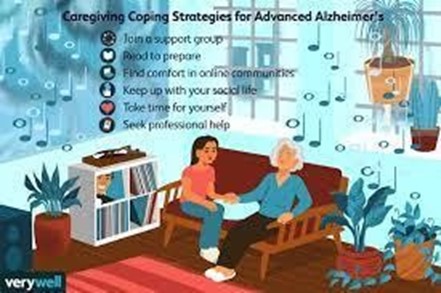A nurse in a long-term care facility is caring for a client who has methicillin-resistant Staphylococcus aureus (MRSA). Which of the following actions should the nurse take?
Remove personal protective equipment after leaving the client’s room.
Ensure that the negative air pressure is active for the client's room.
Restrict the client's visitors
Wear a gown when assisting the client with personal hygiene.
The Correct Answer is D
The correct answer is choice d. Wear a gown when assisting the client with personal hygiene. Choice A rationale: Removing personal protective equipment (PPE) after leaving the client’s room is incorrect. PPE should be removed before leaving the room to prevent the spread of MRSA to other areas. Choice B rationale: Ensuring that the negative air pressure is active for the client’s room is incorrect. Negative air pressure rooms are typically used for airborne infections, such as tuberculosis, not for MRSA, which is spread by contact. Choice C rationale: Restricting the client’s visitors is not necessary. Visitors should follow contact precautions, such as wearing gowns and gloves, but they do not need to be restricted. Choice D rationale: Wearing a gown when assisting the client with personal hygiene is correct. This helps prevent the spread of MRSA by protecting the nurse’s clothing and skin from contamination.
Nursing Test Bank
Naxlex Comprehensive Predictor Exams
Related Questions
Correct Answer is D
Explanation
The correct answer is D. Limiting the number of choices for the client who has Alzheimer's disease can help reduce confusion and frustration and promote independence and dignity. Using written signs to assist the client with locating the bathroom may not be helpful, as the client may have difficulty reading or remembering what they mean. Using confrontation to manage the client's behavior can increase agitation and aggression and worsen cognitive decline. Providing a stimulating environment for the client can also overwhelm and overstimulate them and cause sensory overload.

Correct Answer is C
Explanation
Choice A reason:
Administer epinephrine subcutaneously. This is not the necessary action to be taken. Epinephrine is used to treat severe allergic reactions (anaphylaxis). However, in this case, the client is experiencing a febrile non-haemolytic transfusion reaction, not an allergic reaction.
Choice B reason:
Place the blood bag in a biohazard bag before discarding. This is not the necessary action to be taken by the nurse. Proper disposal of biohazardous materials is essential, but in this situation, the nurse's priority is to address the client's condition and not the disposal of the blood bag
Choice C reason:
Documentation of the transfusion reaction is crucial for the client's medical history and for future reference. The nurse should record the client's signs and symptoms, the actions taken, and any other relevant information related to the reaction.
Choice D reason
Infuse 500 ml lactated Ringer's IV.This is not necessary action to be taken by the nurse because there is no indication for infusing lactated Ringer's solution in response to the transfusion reaction described. Treatment for febrile non-haemolytic transfusion reactions generally involves stopping the transfusion, administering antipyretics (like acetaminophen) if necessary, and providing supportive care as needed.
Whether you are a student looking to ace your exams or a practicing nurse seeking to enhance your expertise , our nursing education contents will empower you with the confidence and competence to make a difference in the lives of patients and become a respected leader in the healthcare field.
Visit Naxlex, invest in your future and unlock endless possibilities with our unparalleled nursing education contents today
Report Wrong Answer on the Current Question
Do you disagree with the answer? If yes, what is your expected answer? Explain.
Kindly be descriptive with the issue you are facing.
